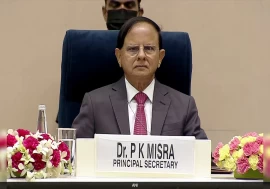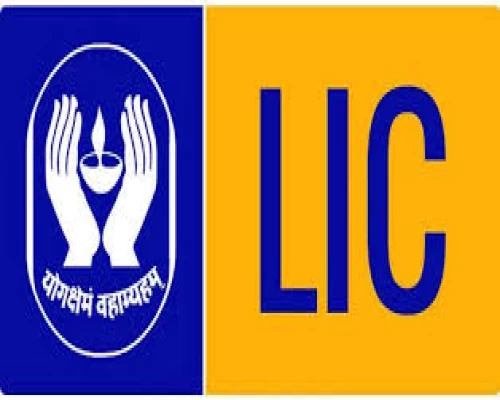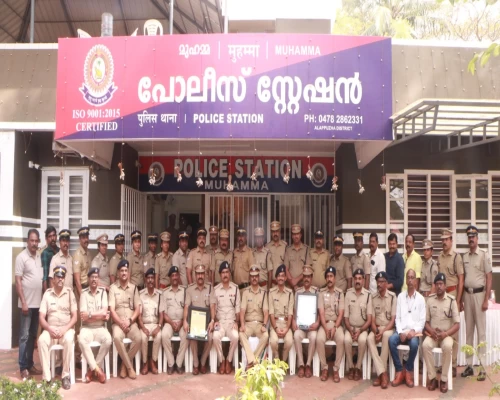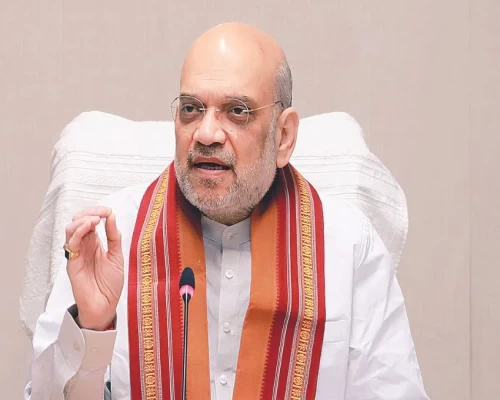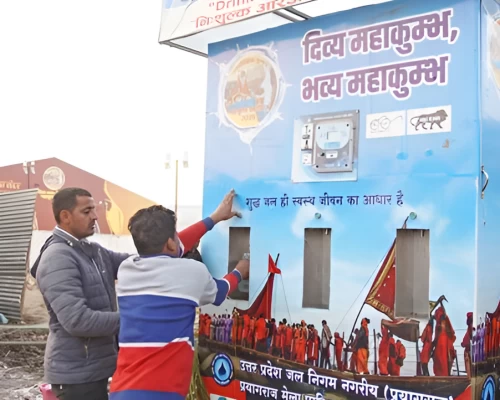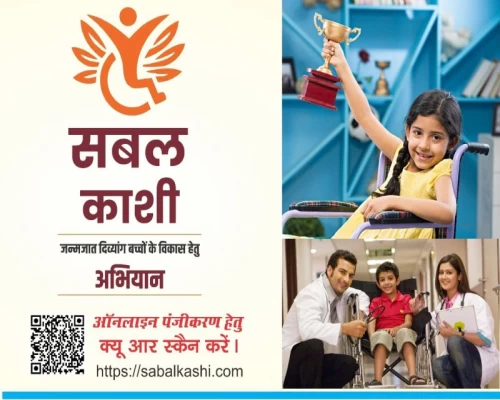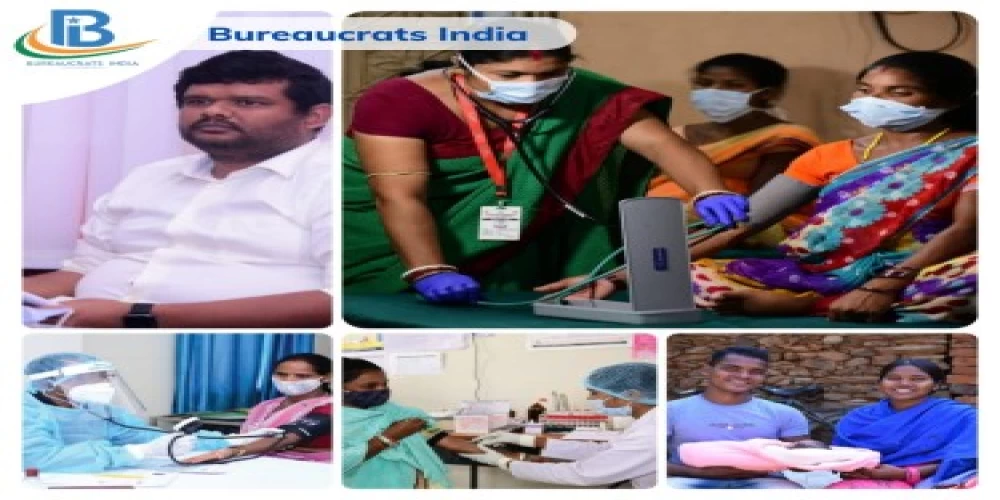
Sundargarh: Matrujyoti, a unique programme by Odisha's Sundargarh district administration, is a boon for to-be mothers, and they are upbeat about it. “During pregnancy, I took a free ultrasound test at a government empanelled clinic in Rourkela. I came to know that my baby had a cord around the neck. Thus, I was diagnosed as a high risk case. I took rest, medicines and delivered a healthy baby thanks to the timely intervention of the District Administration,” recalls Sasmita Kujur, a happy mother of Bargaon block in Sundargarh district, Odisha.
Medically, the baby’s condition was defined as ‘Breech Position’ which poses a grave danger to both mother and child during delivery. Sasmita, a beneficiary of the mother and child health umbrella programme – Matrujyoti, introduced by the District Administration Sundargarh, is a success story among many others. The innovative programme, designed by Sundargarh District Administration, offers four times free ultrasonography and other tests during pregnancy for all pregnant mothers aiming towards a safe motherhood.
A timely intervention by the District Administration not only saves a number of lives but can also change the condition of people at large. Matrujyoti – a unique programme supplementing mother and child health (MCH) and envisioned by dynamic IAS officer of Odisha, Nikhil Pavan Kalyan, has shown magical results in a short time. Being the Collector and DM of Sundargarh, which is known for its tribal population, dense forests and mining operations, Nikhil inspires the district health team to constantly aim at reducing the graph of infant mortality rate (IMR) and maternal mortality rate (MMR).
“I hail from a hard to reach area like Lahunipara. ASHA Didi came to my house and counseled me to take an ultrasound test for free under ‘Matrujyoti’. I accompanied her and underwent an ultrasonography and other tests. It was revealed that I was carrying twins and hence I was a high risk case. The doctor prescribed medicines and advised me to take rest. I gave birth to healthy twins,” says Saloni Munda, a resident of Paudi Bhuyan PVTG Colony at Lahunipara Block in Sundargarh district.
Saloni moved from the hard to reach geography to her parents’ place and delivered the twins at the local government health facility. She and her husband praised the intervention through the ‘Matrujyoti’ programme without which she would have been poised to risk during delivery. Under ‘Matrujyoti,’ ante-natal care (ANC) services were started on November 9, 2020, where four free ultrasound tests as well as necessary pathological tests like hemoglobin, blood sugar and HIV, etc., are being provided.
The initiative has proven to be beneficial for hundreds of pregnant women in Sundargarh. Over 30 thousand ultrasound and other tests have been conducted so far under the Matrujyoti initiative in the district. Among them, there are many high risk cases, which have been mitigated through timely intervention of the health ecosystem built in the district.
As a state, Odisha has been proactive towards mother and child health. It has shown a positive outlook on the reduction in IMR and MMR in the last decade due to a rise in the number of institutional deliveries and various government interventions. Under the Pradhan Mantri Surakshit Matritva Abhiyan, one ultrasound test is provisioned for each pregnant woman in the country. However, being a tribal dominated district which is mining affected and has uneven geography, the administration led by Collector and DM Nikhil Pavan Kalyan felt the need to do more towards ensuring a safe motherhood. This is how the innovative programme ‘Matrujyoti’ came into being with the support from the District Mineral Foundation (DMF), Sundargarh.
Through Matrujyoti four free ultrasound and other tests are aimed to be provided for each pregnant woman in the district. While three tests are provisioned for the women during each of three trimesters of pregnancy, the fourth is done closer to the expected date of delivery, thus helping to ascertain safety of mother and the baby.
“With strategic intervention under Matrujyoti, delivery deaths have declined significantly in Sundargarh district. The programme offers free ultrasound and other tests to every woman during pregnancy, helping save precious lives,” the Odisha Chief Minister’s Office appreciates the efforts of the district through these words. Chief Minister Naveen Patnaik’s message was in the context of the outcome in a decrease of maternal deaths in the district within the first six months of the implementation of ‘Matrujyoti’ as reported by the district health authorities.
“The maternal mortality rate and infant mortality ratio in Sundargarh district have been less in comparison to the state. To get further success in this regard, ‘Matrujyoti’ programme was designed which is now playing a pivotal role,” informs Nikhil Pavan Kalyan, while expressing happiness over the impact of this government initiative. Along with seven government hospitals, the administration has empanelled over 45 private clinics for providing free tests to the beneficiaries across the district.
The frontline functionaries like ASHA and Anganwadi workers play a key role in the successful implementation of this programme. The pregnant mothers are being provided antenatal services at the nearest designated clinics accompanied by them. The District Administration has prepared a Standard Operating Procedure (SOP) for effective implementation of the ANC service.
As a bureaucrat who loves to connect with the grassroots, Nikhil Pavan Kalyan has always been keen to focus on optimizing various welfare vehicles of the government to provide quality service delivery to the people. Thus, the district has taken up a number of steps linking to the welfare of pregnant women and children.
The Sundargarh District Administration has set up 20 Maternity Waiting Homes or ‘Maa Gruha’ in various remote areas to ensure institutional delivery and facilitate antenatal and postnatal services for pregnant and lactating mothers respectively. With the financial support of DMF, 14 out of 20 ‘Maa Gruhas’ are in operation. The administration plans to open 20 more such facilities at strategic locations expanding the canvas of benefits to the target population.
Mothers-to-be are brought to the nearest ‘Maa Gruha’ a few days prior to the expected date of delivery. Here they are provided with nutritious food, regular health checkups, sensitization on breastfeeding and personal hygiene, and counseling to take care of themselves and the newborn baby. They are taken to the nearby health facility for delivery to ensure safe motherhood. The district health officials constantly monitor the movement across the 20 ‘Maa Gruhas’ which are being run in public private partnership (PPP) mode.
Ambulance service is another vital aspect which is being tagged with the ‘Maa Gruha’ to fetch mothers from their home, take them to a hospital and then drop the mother and baby back home. For the areas where conventional ambulances face challenges to reach, the district administration has in place another innovation. Two-wheeler bike ambulances are present at the mining affected blocks of Koira, Rajgangpur and Gurundia, which today ensure last mile healthcare delivery for pregnant women.
The Government of Odisha has a special initiative titled ‘Mo Sarkar 5T,’ which focuses on Teamwork, Technology, Transparency, Time and Transformation to reap the benefits of good governance. Sundargarh Collector Nikhil Pavan Kalyan, a former IT professional who worked at MNCs, bats for the use of technology to achieve transformation in the people’s lives.
Technology and transparency have been at the centre stage while implementing the programmes around mother and child health in Sundargarh district. The administration banks upon the service of 24x7 District Helpline to coordinate and monitor the flow of these schemes. Further, the digitization of ‘Matrujyoti’ data along with use of its website and app now helps the District Administration to get status of mother and child health on their fingertips.
ASHA and Anganwadi workers are given smartphones with the ‘Matrujyoti’ app and are trained accordingly to use them for data entry. The recorded data thus helps in real time monitoring of the cases and health intervention by the empanelled hospitals and clinics as well as aids the administration in decision making for effective programme management.
Besides, the District Helpline Sundargarh, a 24x7 call centre has become a powerful medium of interface between the administration and the people of Sundargarh. The pregnant women and high risk cases under ‘Matrujyoti’ are routinely followed up and encouraged to take ultrasound tests with calls and messages through the helpline. The helpline boasts of an all women work force thus setting an example of women empowerment through technology and good governance.
The District Administration Sundargarh has also launched another technology driven initiative titled ‘e-SWASTHYA.’ The programme entails providing over 70 different types of diagnostics tests to the rural people free of cost. The facility is available at CHC and PHC level in the district through a ‘Lab in the Bag’ model. It is a portable diagnostics lab with necessary equipment facilitating the tests and generating reports. ‘e-SWASTHYA,’ a unique initiative adopted by Sundargarh, thus aims to augment preventive healthcare in the long run.
While discussing the subject of MCH, nutrition is an important aspect. With the support from DMF, Sundargarh District Administration runs two flagship projects to ensure the nutrition of children from seven months to six years. Sundargarh, being a leading millets producing district of Odisha under the Odisha Millets Mission, provides Ragi Laddu Mix to children between three and six years of age through the Anganwadi. Today, it benefits over 60 thousand children across 17 blocks and four ULBs.
Similarly, Sundargarh is the first in the entire eastern India to introduce Spirulina based nutrition programme for the growth of kids. While Spirulina fortified sugar is given to children from seven months to two years, Spirulina Chikkis are distributed for all Anganwadi going children across the district. Women Self-Help Groups (SHGs) under Odisha government’s flagship Mission Shakti initiative, support the nutrition programme by preparing the mix and the Chikkis for children.
“Our nutrition programme plays three important roles simultaneously. While it enhances nutrition among children, it augments the livelihood of women SHG members and farmers of the district,” shares Nikhil Pavan Kalyan, who strongly believes in investing in the mother and child health ecosystem for yielding proper benefit to the society. /BI/


